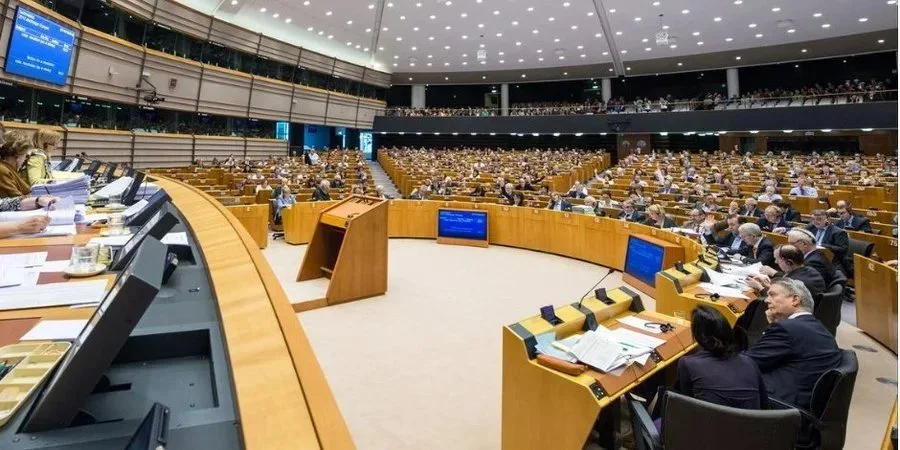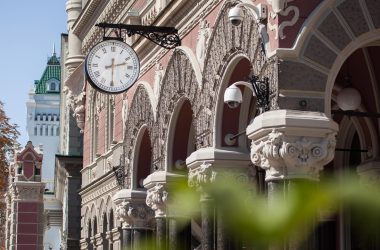The decision of the European Commission to apply the mechanism of “emergency braking” by imposing a duty on eggs from Ukraine gave an immediate result. According to Pawel Podstavka, the head of the Polish Federation of Poultry Breeders and Egg Producers, the restoration of customs duties on eggs from Ukraine played into the hands of Polish farm owners, PAP reports.
“For many weeks in a row, we observed the stagnation of purchase prices for eggs due to very low prices set by competitors from Ukraine. Our poultry farmers had to sell products almost at cost price. Only a few tens of hours have passed, and there is already a recovery in demand, which indicates a trend toward normalization of the market,” said Podstava.
The representative of the company Fermy Woźniak — the largest producer of eggs in Poland and one of the largest in the world, Pavlo Lutyy noted: “The introduction of customs duties on the import of eggs from Ukraine to the European Union brings the first positive results for Polish producers and exporters. We observe an increased interest of counterparties from the EU and third countries in purchasing eggs from Poland.“
He added that the one who offers lower prices wins on the egg market, and Polish producers cannot compete with Ukraine.
Earlier, it was reported that the European Union returned duties on eggs and sugar from Ukraine from July 2 to June due to exceeding quotas. The tariffs will be in effect until June 5, 2025. The current regulation of duty-free trade for Ukraine provides for an “emergency braking” mechanism for certain products, including eggs and sugar. It is triggered automatically if the volume of imports reaches the average annual imports registered between July 1, 2021 and December 31, 2023. For eggs, this volume is 23,188.96 tons, for sugar – 262,652.68 tons. After reaching this volume, the European Commission sets a tariff quota within 14 days in accordance with the free trade agreement. But since imports from the beginning of 2024 have already exceeded this volume, until the end of 2024 MFN tariffs are imposed. The duty-free quota will be available again from January 1 to June 5, 2025. For eggs — at the level of 9,662.07 tons, for sugar — 109,438.62 tons.
It was also reported that on March 14, 2024, the European Parliament agreed to extend the duty-free regime for Ukraine for another year, but with changes. A list of “sensitive” products from Ukraine that may be subject to customs duties under certain conditions was defined.
In May 2022, the EU abolished tariffs and quotas on Ukrainian exports for a year, and then continued duty-free trade until mid-2024.
Updated rules for duty-free and quota-free trade in agricultural products with the EU came into effect on June 5, and will be in effect throughout the year. Quotas have been established for some agricultural products based on the average harvest rate for the second half of 2021 and 2022−2023. This applies to six types of products: sugar, eggs, poultry, corn, cereals, honey.
The quota for the export of sugar to the EU at the level of 262,000 tons has already been exhausted. On June 19, the European Union returned the most favored nation duties on oats from Ukraine due to exceeding the established quota of 4,000 tons.








